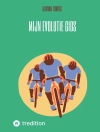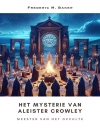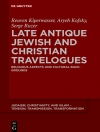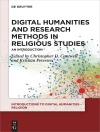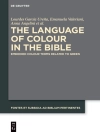This volume of the series ‘Key Concepts in Interreligious Discourses’ investigates the roots of the concept of ‘body’ in Judaism, Christianity and Islam.
The Body and being a created being stands in the focus of all the thre major monotheistic faiths. It is not just by the christian idea of man’s likeness to God that indicates that the human body is a central object of religious thinking, both culturally and theologically charged. Here, the body stands in the crossfire of terms like ‘pure’ and ‘unpure’, ‘sacred’ and ‘profane’, ‘male’ and ‘femal’. And besides the theological controversies, everyday experiences like sexuality, gender equality and how to dispose of the own body (and that of others) are undoubtly recent and highly contentious discussion points in the debate of a peaceful living together of different religions and cultures.
The volume presents the concept of ‘body’ in its different aspects as anchored in the traditions of Judaism, Christianity and Islam. It unfolds commonalities and differences between the three monotheistic religions as well as the manifold discourses about peace within these three traditions. The book offers fundamental knowledge about the specific understanding of the body in each one of these traditions, their interdependencies and their relationship to secular world views.
A propos de l’auteur
Christoph Böttigheimer and Konstantin Kamp, University of Eichstätt-Ingolstadt Germany.




